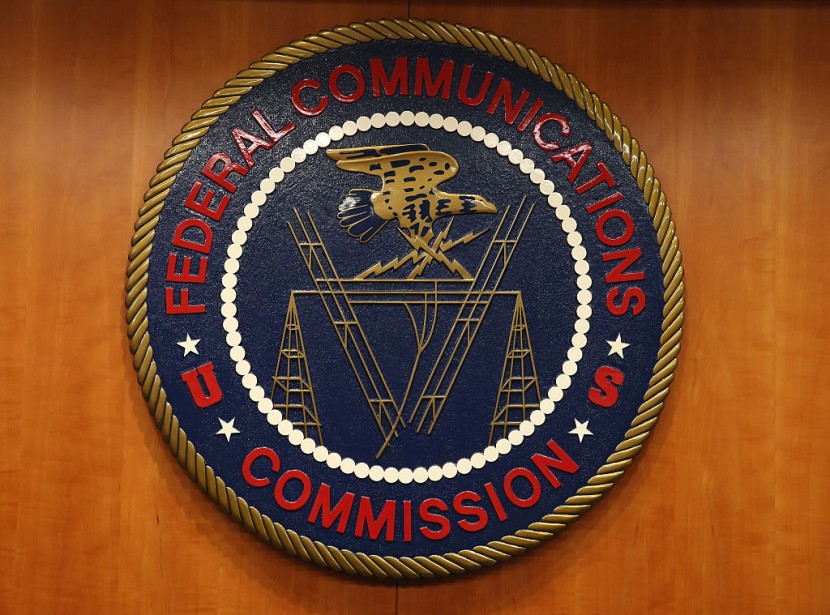On Thursday, the Federal Communications Commission banned robocalls containing voices generated by artificial intelligence, a decision that sends a message to those who would exploit the technology for nefarious purposes. The unanimous ruling against AI voice cloning falls under the Telephone Consumer Protection Act of 1991, a law that restricts junk calls.

Though AI was nonexistent at the time, there's a clear connection between junk calls and AI voice-cloning. That commonality is to fool or scam the listener.
This comes as authorities in New Hampshire are advancing an ongoing investigation into AI-generated robocalls mimicking the voice of President Joe Biden discouraging voters to forego the primaries.
The regulation gives the FCC authority to fine companies that use these practices or block the service providers that enable them. It also opens the door for lawsuits that give state attorney generals a weapon to crack down on offenders.
Texas Attorney General John Foremlla said on Tuesday that investigators identified Life Corp, a company based in Texas, and own Walter Monk, as the source of robocalls that went out to thousands of state residents, mostly registered Democrats.
The calls were transmitted through a company called Lingo Telecom. The calls featured an AI-cloned voice of President Joe Biden and urged voters to abstain from voting in the New Hampshire primary elections. Authorities have issued cease-and-desist orders and subpoenas against Life Corporation and another company they say transmitted the calls.
"What a bunch of malarkey," the fake Biden voice said. "You know the value of voting Democratic when our votes count. It's important that you save your vote for the November election. We'll need your help in electing Democrats up and down the ticket. Voting this Tuesday only enables the Republicans in their quest to elect Donald Trump again. Your vote makes a difference in November, not this Tuesday."
"New Hampshire had a taste of how AI can be used inappropriately in the election process," New Hampshire Secretary of State David Scanlan said. "It is certainly appropriate to try and get our arms around the use and the enforcement so that we're not misleading the voting population in a way that could harm our elections."
What Does The FCC Say?
The Federal Communications Commission (FCC) says that both Lingo Telecom and Life Corp. have been investigated for illegal robocalls in the past. LIngo Telecom released a statement saying they "acted immediately" to help the investigation into the Biden impersonation and that they had "had no involvement whatsoever in the production of the call content."
The FCC chairwoman, Jessica Rosenworcel, said bad actors have been using AI-generated voices in robocalls to misinform voters, impersonate celebrities, and extort family members.
"It seems like something from the far-off future, but this threat is already here," Rosenworcel told The Associated Press on Wednesday as the commission was considering the regulations. "All of us could be on the receiving end of these faked calls, so that's why we felt the time to act was now."
Under the consumer protection law, companies cannot use automated dialers, or artificial or prerecorded voice messages to call cellphones, and they cannot make such calls to landlines without prior written consent from the call recipient.
The new ruling classifies AI-generated voices in robocalls as "artificial" and thus enforceable by the same standards, the FCC said.
© 2026 HNGN, All rights reserved. Do not reproduce without permission.








